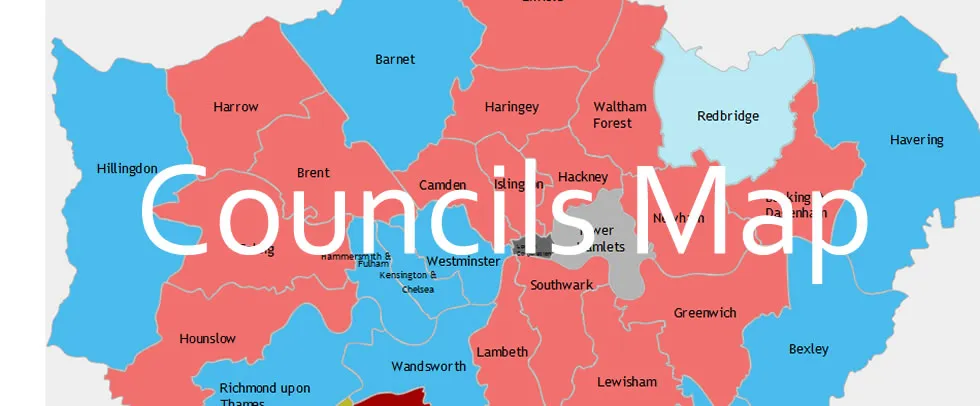If you’re a massage therapist in the UK — or planning to become one — navigating the legal side of your business is just as important as mastering your massage technique. One of the most overlooked, yet critical, parts of getting started is understanding how local councils regulate massage therapy.
Unlike some professions that are governed by a single national authority, massage therapy in the UK is often regulated at the local council level — and that means the rules can vary significantly depending on where you work.
In this guide, we’ll break down how local councils are involved, what licenses you may need, how to apply, and what happens if you don’t follow the rules.

🏛️ 1. Why Are Local Councils Involved in Massage Licensing?
Massage therapy is considered a “special treatment” under the Local Government (Miscellaneous Provisions) Act 1982. This means local authorities are empowered to regulate it — not just to protect clients from unsafe practices, but also to crack down on unlicensed or illicit services.
Councils want to ensure:
- Therapists are qualified and insured
- Premises meet health and safety standards
- Practitioners are not operating under false pretences or engaging in illegal activities
So, while there’s no national license to practice massage in the UK, many local councils require you to apply for a special treatment licence — even if you’re fully qualified.
📍 2. Do You Always Need a License? Not Everywhere.
Some councils do not require a licence if:
- You are registered with a recognised professional body (e.g. FHT, CThA, CNHC)
- You’re working out of your own home with minimal risk
- You only offer certain types of massage not listed under “special treatments”
However, many boroughs do require a licence regardless of your professional affiliations — especially in cities like:
- London (most boroughs)
- Manchester
- Birmingham
- Glasgow
- Leeds
- Brighton
✅ Pro tip: Always check with your local council — don’t assume their policy matches the next town over.
📑 3. What Does the Licensing Process Usually Involve?
Every council has its own forms and rules, but the typical process may include:
- Application form with your personal/business details
- Proof of qualifications (minimum Level 3 in massage therapy from an accredited provider)
- Evidence of public liability insurance
- DBS check (criminal background check)
- Premises inspection (if working from a treatment room or salon)
- Health and safety assessment
Some councils may require:
- Fire safety checks
- Planning permission for commercial use of home spaces
- Licensing fees (ranging from £100–£600 per year)
🏠 4. Mobile Therapists and Home-Based Setups: Do the Rules Still Apply?
Yes — in many areas, mobile massage therapists are still subject to council regulation. Even if you’re visiting clients in their homes, some councils will expect you to register as a special treatment provider and provide details of your practice.
If you’re treating clients from your home, you may need:
- Planning consent (especially in flats or rented properties)
- A premises licence if you see multiple clients weekly
- Insurance that covers home-based treatments
Always check with your local planning department as well as the licensing department.
⚠️ 5. What Happens If You Don’t Get Licensed?
Working without the proper licence in a borough where one is required can lead to:
- Fines and penalty notices
- Forced closure of your practice
- Reputational damage
- Legal trouble if something goes wrong during a treatment
Some councils even conduct spot checks or respond to complaints from neighbours or clients.
🧾 6. How to Find Out Your Local Rules
Each council typically has a licensing section on its website. Search for:
"Special treatment licence" + [your local council name]
You can also call or email their environmental health or licensing department. They will usually provide:
- Application forms
- Lists of qualifying treatments
- Fee structures
- Guidance for new businesses
If you’re not sure which borough you fall under, check your postcode on GOV.UK’s council finder tool.
✅ 7. Tips to Stay Compliant (and Stress-Free)
- Register early — Processing can take several weeks.
- Keep documentation ready — Including insurance, qualifications, and DBS.
- Get listed with professional bodies — Some councils waive or fast-track licensed therapists.
- Use a secure online booking platform — Like M4Massages.com, to show you operate professionally.
- Stay updated — Regulations change, especially post-COVID.
🔚 Final Thoughts
While local council licensing can seem like a bureaucratic hurdle, it’s actually a crucial part of protecting your business, your clients, and your professional reputation. Massage therapy is growing rapidly in the UK, and being properly licensed positions you as a trusted, legal, and professional therapist.
Take the time to get compliant now — and you’ll set yourself up for long-term success.
Need help finding more clients in your area?
List your services today on M4Massages.com and connect with clients who are actively looking for licensed, local professionals like you.
Leave a Reply